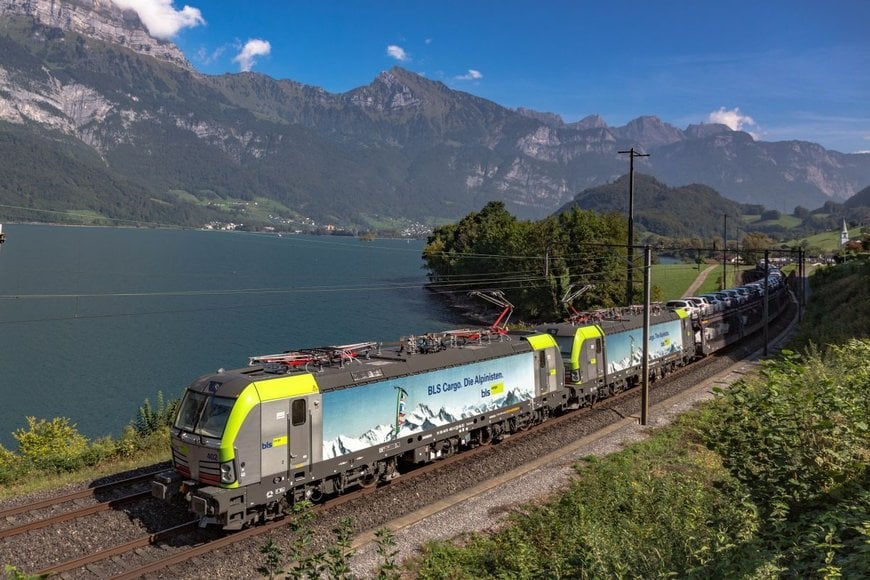railway-international.com
15
'24
Written on Modified on
Rail Sector welcomes Plenary vote on rail capacity management proposal
The Community of European Railway & Infrastructure Companies (CER) welcomes yesterday's vote by the European Parliament on the Proposal for a Regulation on the use of railway infrastructure capacity.

Plenary approval of this important legislation is an important step towards a substantial increase of infrastructure capacity and an improved capacity management. This legislation will help the sector optimise capacity and avoid capacity wastes, increase modal shift, and help achieve the ambitious goals of the Green Deal and the Smart and Sustainable Mobility Strategy.
In particular, CER welcomes the proposal of a European Railway Platform with the involvement of Railway Undertakings and Applicants in the capacity allocation process and in the development of European frameworks. CER also appreciates the inclusion in the Regulation of sufficient financing from the European Commission and Member States for the implementation of digitalisation of capacity and traffic management, as well as the obligation of multiannual funding provided by the Member States for at least 5 years. Further details on the European Rail Sector's position were published last week in ajoint vision published by CER and the association of Rail Infrastructure Managers (EIM).
However, the rail sector would like to see improvements within the text concerning the following:
The role of the European Union Agency for Railways (ERA) should remain within its current scope in Digital Capacity Management (DCM) and the European framework for performance review. The sector is in the best position to develop and coordinate DCM and the European Framework.
In relation to the introduction of socio-economic and environmental criteria to be applied in case of scarce infrastructure capacity, further work should be undertaken to define and test the criteria.
The role of the Regulatory Bodies (RBs) and the European Network of Rail Regulatory Bodies (ENRRB) should remain limited to an ex-post supervisory intervention, excluding ex-ante approvals that will further delay processes.
The excessively high number of implementing and delegated acts foreseen in the European Parliament report should be limited as these additional secondary acts will hamper the implementation of the Regulation.
Rail is the most sustainable option for freight and passenger transport with one train emitting nine times less CO₂ emissions and using six times less energy compared to road traffic. The status quo is not an option: rail modal shift must increase and the international rail system in Europe needs to be adapted to face the challenges of the climate and energy crisis. An interconnected and competitive network of rail freight and passenger services will strengthen the economic, social, and environmental sustainability of Europe. It will drive forward the timely implementation of the EU Green Deal and help meet the targets of the Smart and Sustainable Mobility Strategy, increasing modal shift and strengthening European cohesion by reinforcing connectivity and fair development.
CER Executive Director Alberto Mazzola said: "The plenary vote is an important step towards a substantial increase of infrastructure capacity by optimising the use of the existing rail infrastructure and avoiding capacity wastes through improved processes and digitalisation. We thank the members of Parliament for their efforts. However, there are further improvements to be made and CER would like to see a more streamlined use of delegated and implementing acts".
www.cer.be

